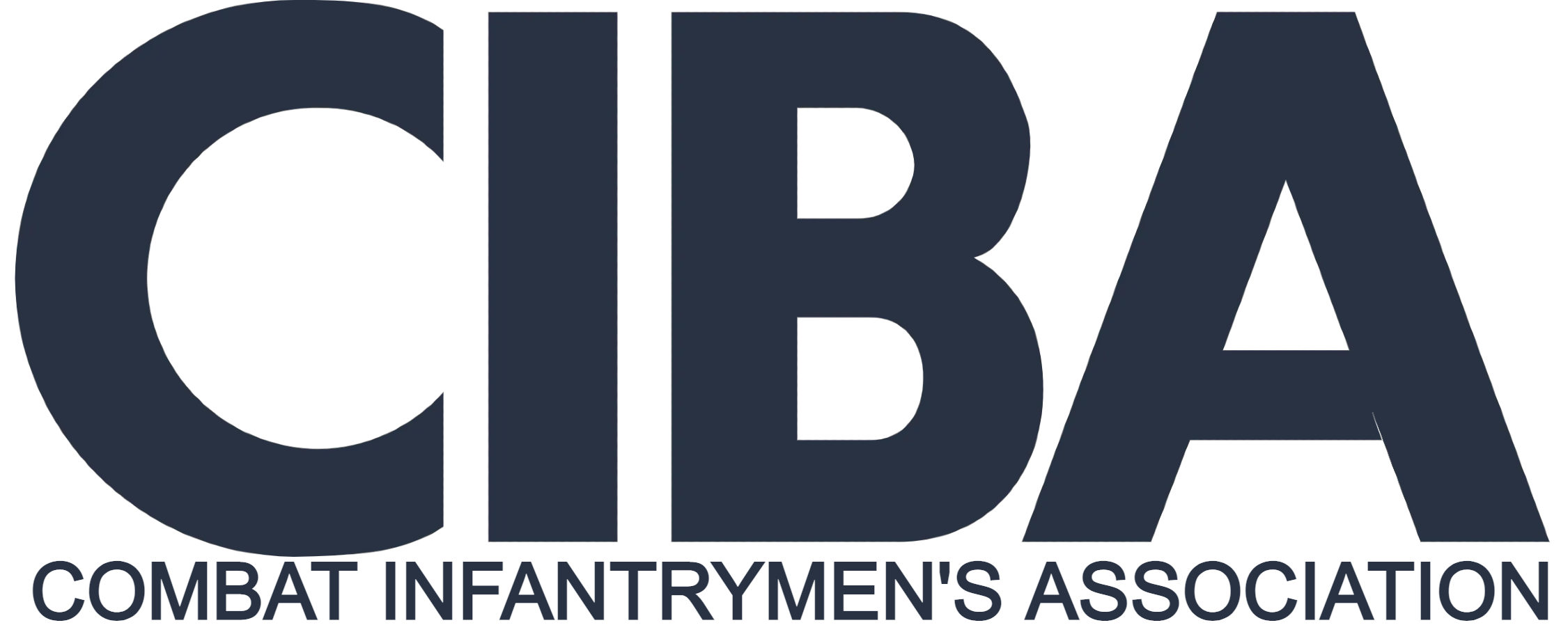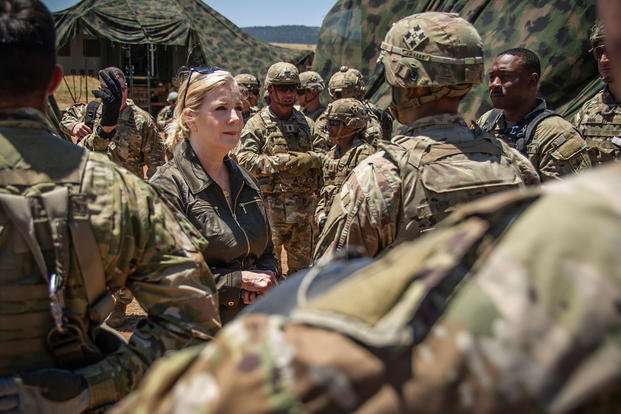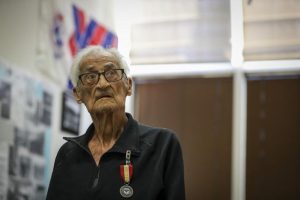Army Secretary Christine Wormuth plans to issue a servicewide reminder that soldiers are broadly entitled to parental leave and that the time off can be denied only by a general, according to an unsigned draft copy of the memo reviewed by Military.com.
The memo comes after Military.com in recent months interviewed two soldiers who say their unit broke service rules by denying their parental leave or otherwise making it difficult, or having them jump through unnecessary hoops when the new leave is effectively guaranteed. Other soldiers have also raised similar complaints on social media in recent weeks.
Company-level Army leadership has virtually no authority over whether new parents can take the 12 weeks of leave.
In both situations, the two soldiers who spoke to Military.com had to go back and forth with leadership they say did not understand the policy. Commanders or noncommissioned officers forced the soldiers to delay the leave or break it into shorter portions so they could still participate in training or other duties, the soldiers said.
One spouse of a soldier told Military.com in April that they “would not have challenged” their command’s decision to withhold or significantly delay parental leave “due to a fear of retaliation.”
The spouse said the soldier was prepared to accept whatever the service offered, whether it was in line with regulations or not.
The Army unveiled its new parental leave rules in January, following a law passed by Congress that mandated each service grant its formations 12 weeks to spend with their newborn or adopted child.
However, the Army took it a step further than all the other branches, making it so only the first general in a soldier’s chain of command can deny the leave. The only exception is that a soldier’s request to take the leave in portions, instead of all at once, can be denied.
In other services, the denial authority is vague or leaves it up to company-level leaders, a power that senior Army officials did not want to grant to relatively young leaders who may have lower thresholds for emergencies. The parental leave is also in addition to nonchargeable maternity convalescent leave, which is typically six weeks of recovery time for the birth parent.
“Parental leave is intended for soldiers to care for their child or children,” Wormuth’s draft memo says. “Soldiers who give birth, non-birth parents, and soldiers who have a minor child or children placed into their home for adoption or long-term foster care are authorized 12 weeks of parental leave, which may be taken in one or more increments.”
“Parental leave is in addition to and following a period of maternity convalescent leave for the birth parent,” the secretary wrote.
The new policy is among the hallmarks of Wormuth’s tenure, which has largely centered around quality-of-life issues. The new leave was a significant move toward promoting work-life balance across the force. The Army relies heavily on families and the potential for a new generation of recruits when those children grow up.
The service has some 400,000 parents across its active-duty and reserve components, according to Army data. At any given time, roughly 6,000 soldiers are pregnant, and presumably many more are expecting children with their partners.
The move to solidify 12 weeks of parental leave for men and women is comparable to the civilian sector, where the length of parental leave has been steadily increasing, and comes at a time when the services are struggling to bring in new talent. The new rules are an especially big change for men in the service, who previously were eligible for only three weeks of convalescent leave if they were not the primary caregiver.
“If we don’t have the best people and we don’t take care of our people, it won’t really matter — even if we develop the most amazing new weapon systems and technologies,” Wormuth said during an Army town hall last year, summing up the service’s thinking. “People are the backbone of this Army, and we have to take care of our folks.”
— Steve Beynon can be reached at Steve.Beynon@military.com. Follow him on Twitter @StevenBeynon.
Please rate this CIBA article
Vote






